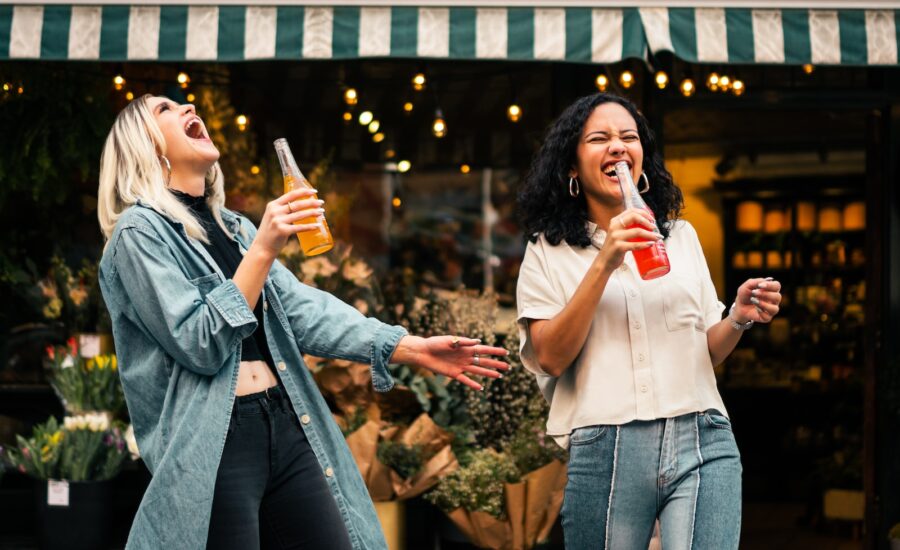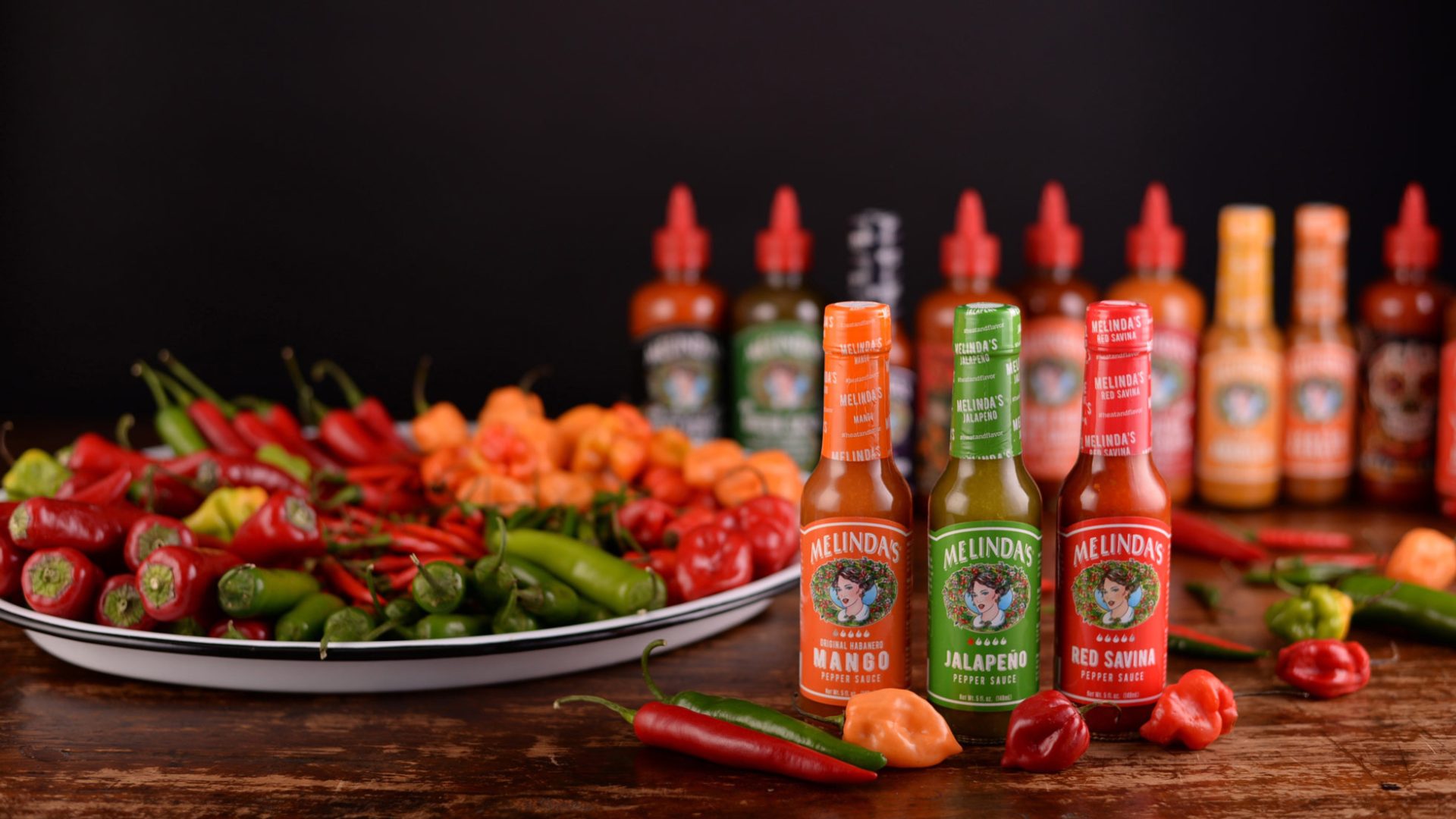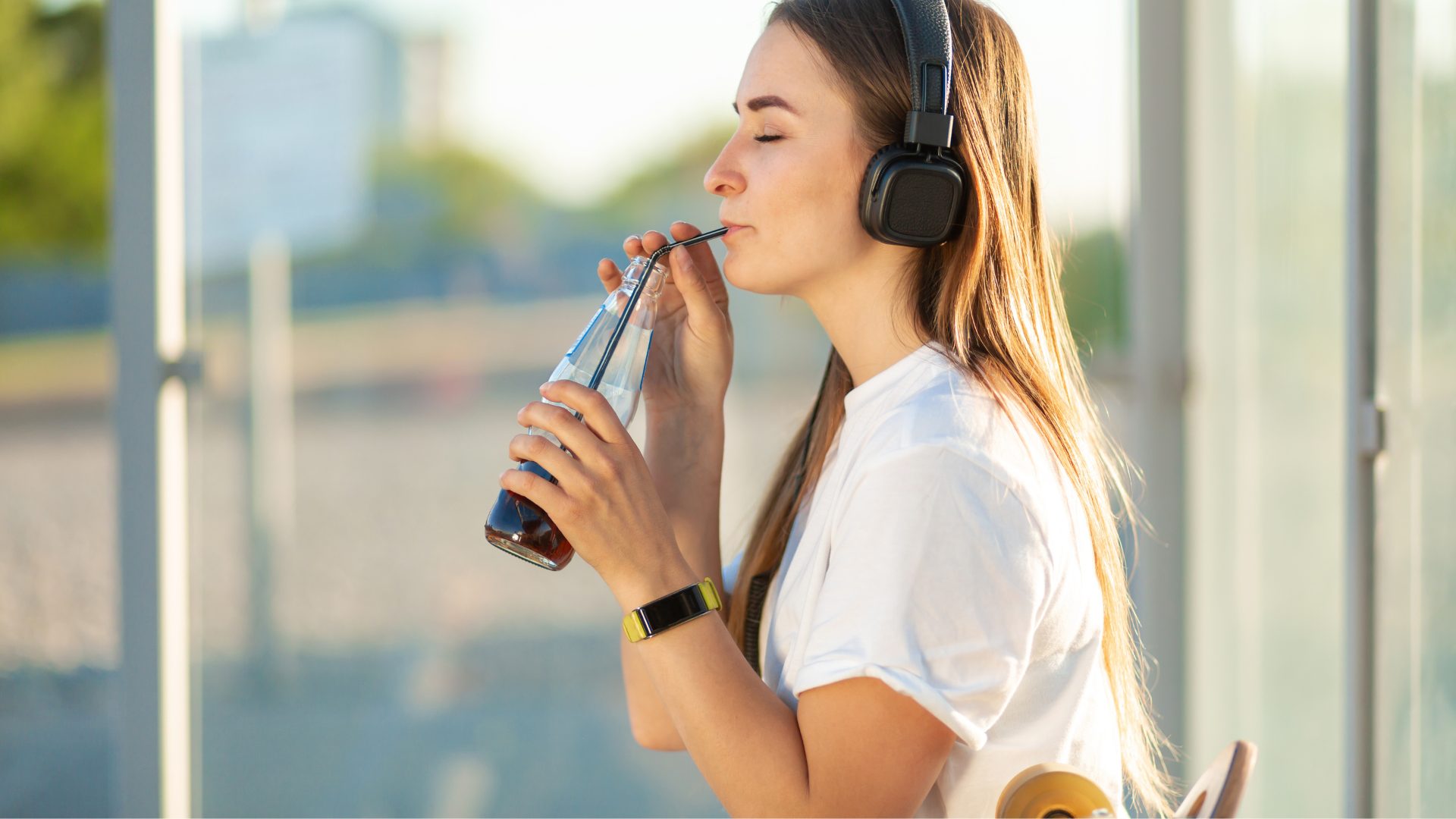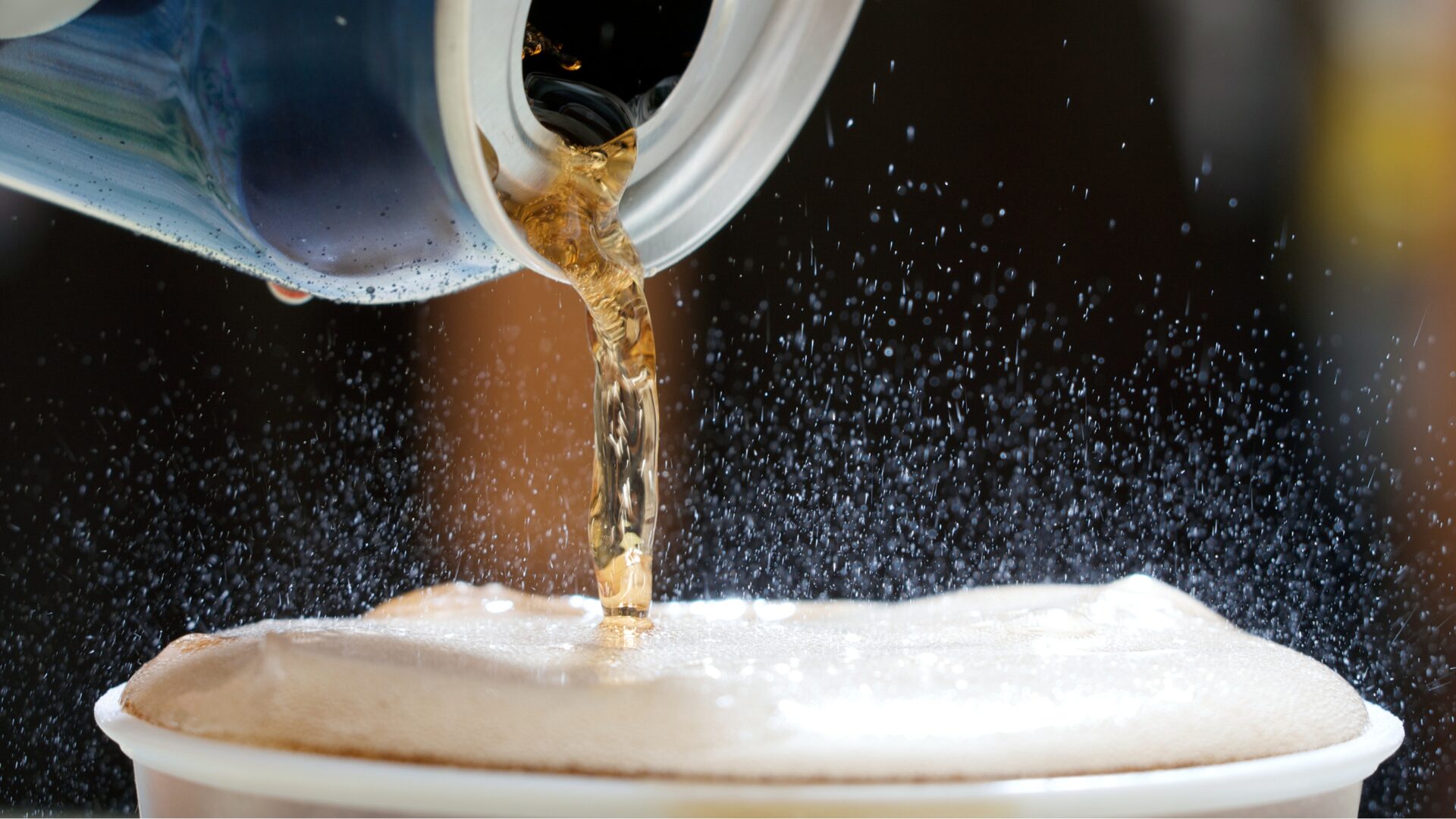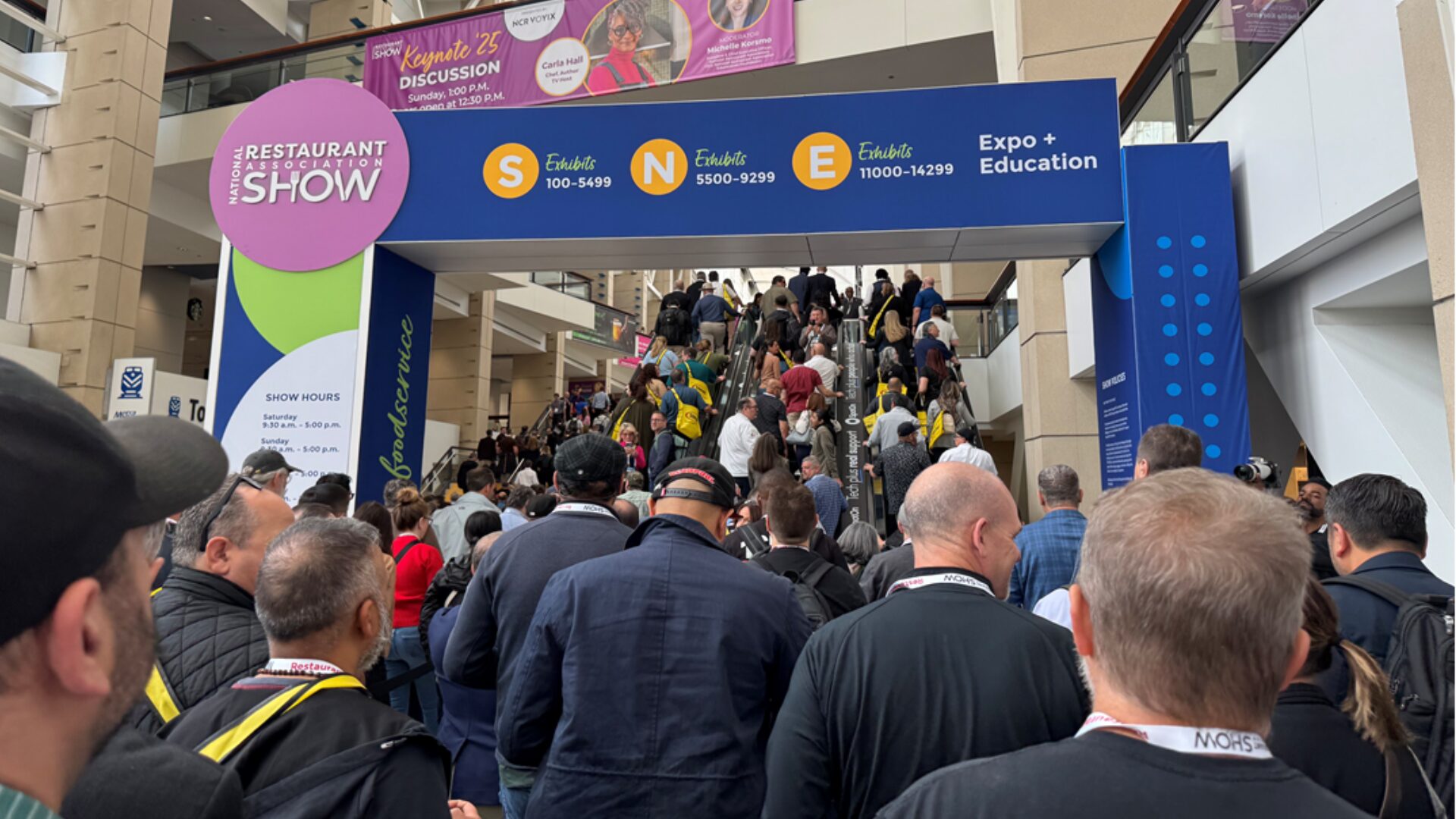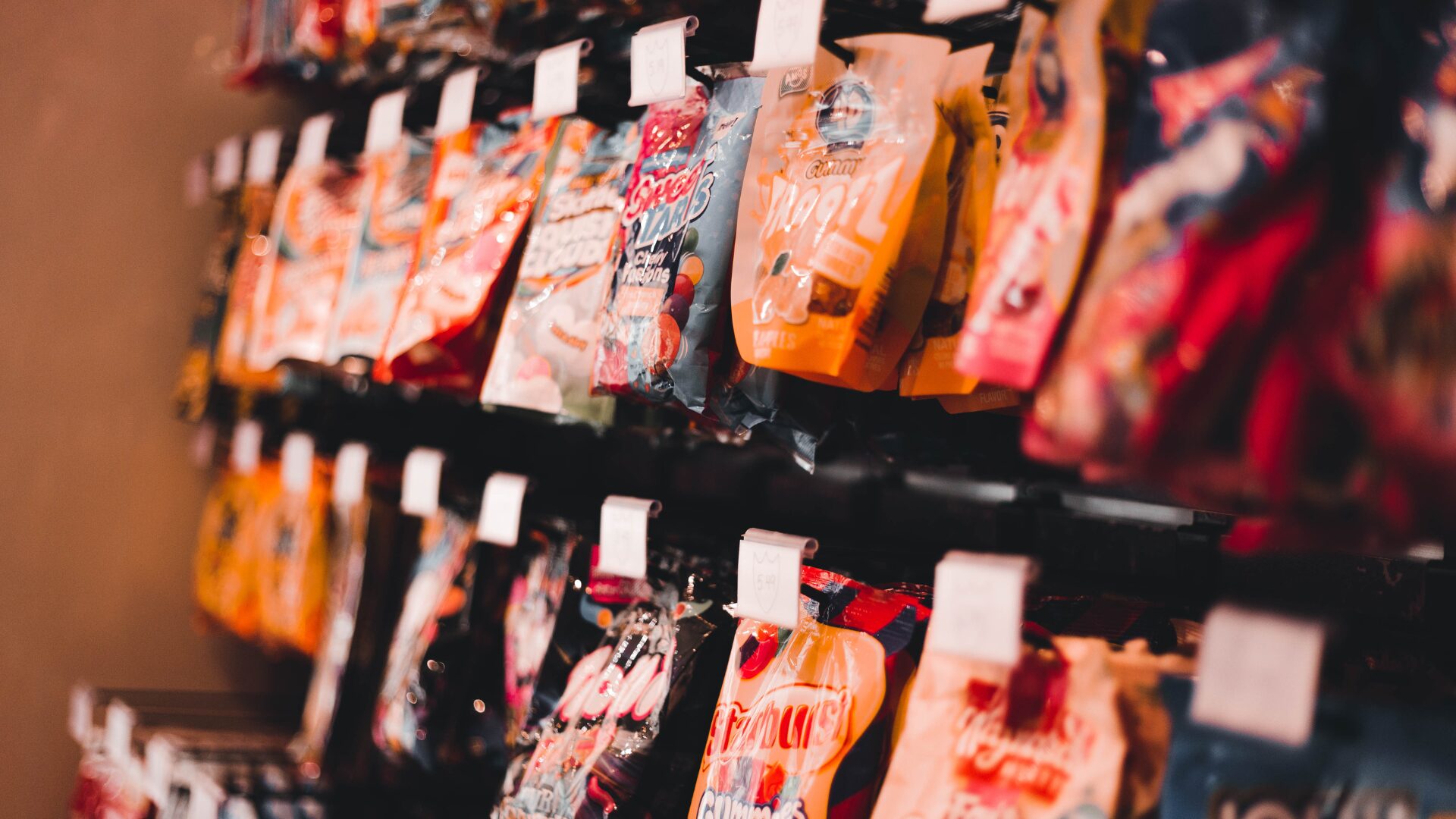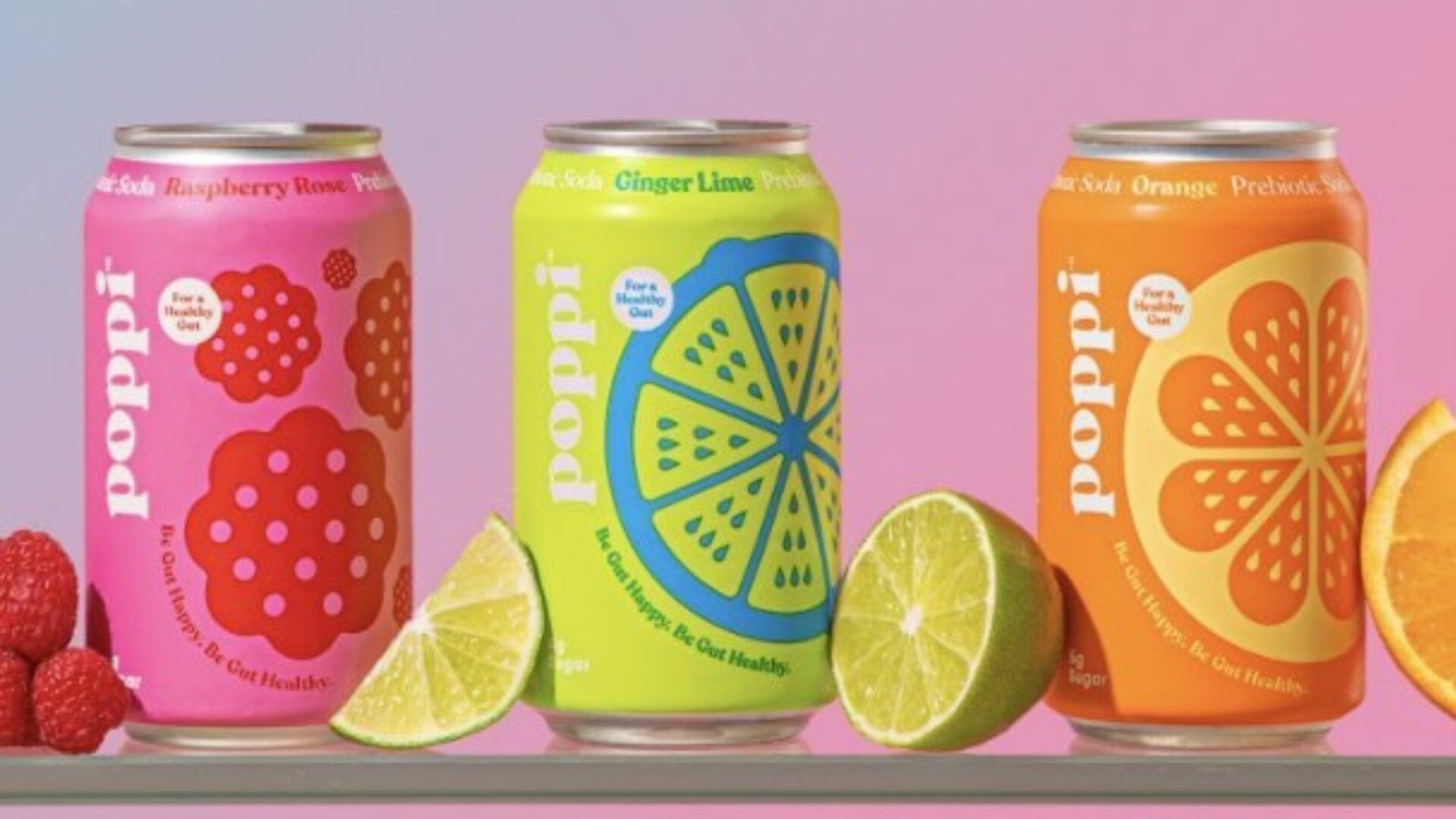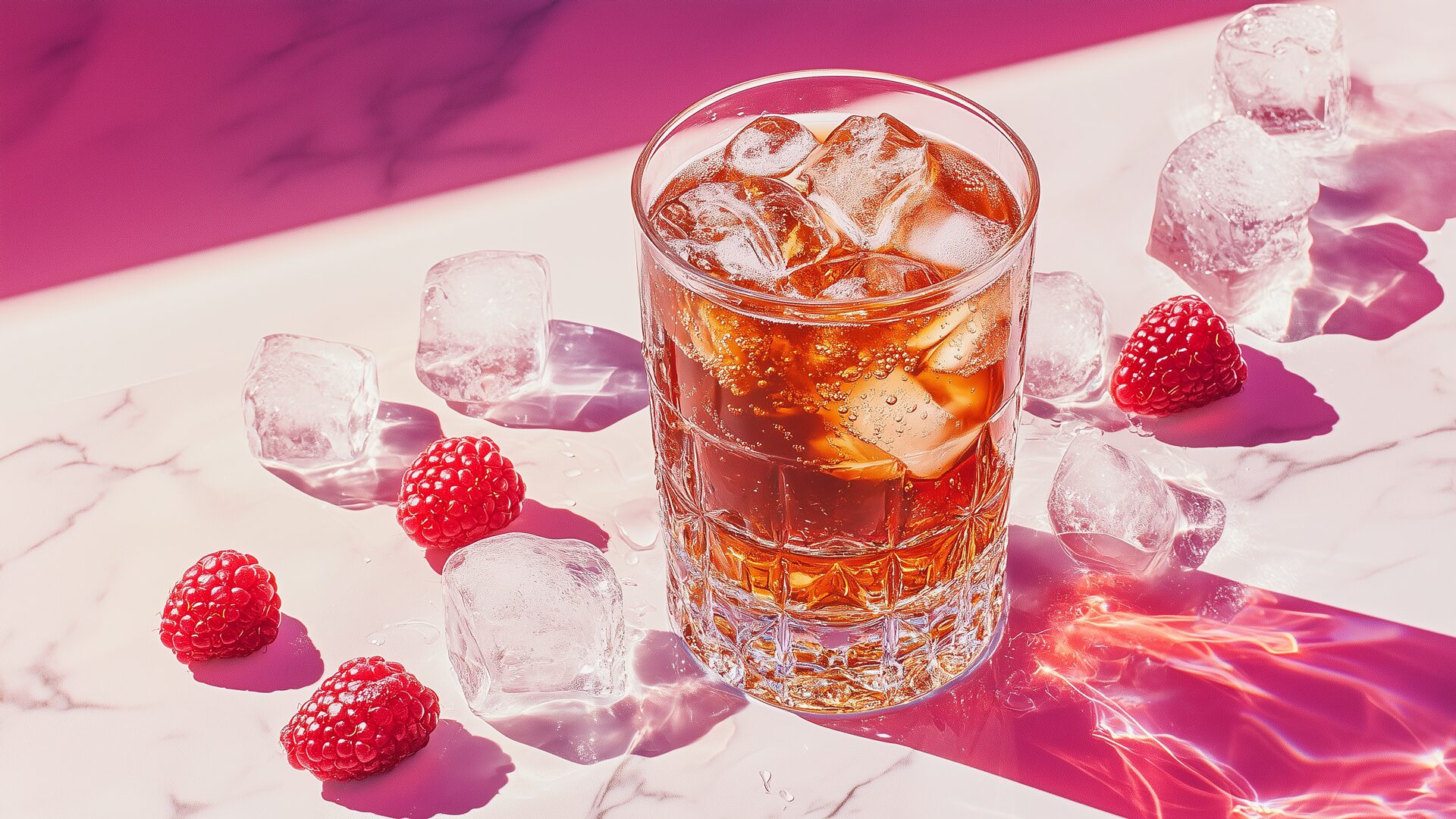If recent trends are any indication, the soda market could soon be bubbling over with craft brands.
For roughly two decades, U.S. soda consumption has been falling as consumers opt for healthier options over sugary soft drinks. Soda consumption fell to a 30-year low in the U.S. in 2016. Then, in this year’s first quarter, Pepsi’s North American beverage business saw its volume fall 2%. The global carbonated soft drink market size is expected to grow at a modest CAGR of 4.7% through 2028, according to Forbes, which reported that consumers are clamoring for more creative products, like craft sodas.
“As consumers become more health-conscious and aware of the negative effects of sugary beverages, soda brands may continue to face challenges as well as fresh opportunities with healthier alternatives,” said Michael Ashley Schulman, chief investment officer with Running Point Capital Advisors, in an email to The Food Institute.
THE SHIFT AWAY FROM SUGAR
Michelle Scott, associate director of drink for Mintel’s U.S. research, told CNBC that, while consumers are drinking less soft drinks these days, they’re still drinking a lot of soft drinks. The global soft drink market size surpassed $237 billion (USD) in 2021.
Consumers have simply made a shift away from sugar in recent years. Not only is that due to increasingly health-conscious shoppers, but also the increasing number of countries that have placed taxes or levies on sugar. In the U.K. for example, the government in 2018 implemented the Soft Drinks Industry Levy, a tax on soft drinks that contain more than 5 grams of sugar per 100 ml. As a result, producers have switched to sweeteners like acesulfame K, aspartame, saccharin, sucralose, xylitol, erythritol, and steviol glycosides, according to an informational press release by Tetrapak.
“The shift away from sugar is clear, and the soft drinks industry has responded,” Tetrapak wrote, “with low-sugar or reduced sugar alternatives.”
CRAFT BRANDS STAKE THEIR CLAIM
Brands like Olipop have seized the opportunity to sell products perceived to be healthier than traditional soda. Olipop has marketed its sodas to consumers focused on issues like gut health and is on track to sell more than $200 million of its prebiotic soda this year.
Other examples of increasingly popular craft sodas include:
- Poppi (soda infused with apple cider vinegar)
- Cannonborough Craft Soda (a farm-to-bottle soda, as noted by mashed.com)
- Sprecher (a Wisconsin brand renowned for its root beer)
- Jones Soda (known for its colorful sodas)
“Amongst upstarts, Poppi and Olipop, with … plant-based, organic, non-GMO ingredients, both seem to have staying power with the flavorful and good-for-you probiotic niches,” Schulman said.
In the meantime, traditional powers in the segment are using their significant financial clout to partner with well-known influencers to launch innovative products. Earlier this year, Coca-Cola launched a limited-edition flavor called Coca-Cola Move, in conjunction with Grammy Award-winning artist Rosalia.
“To stay relevant,” Schulman said, “soda pop brands might explore innovative strategies and diversify their product offerings by rapidly introducing new flavors, [and] experimenting with unique ingredients.”


